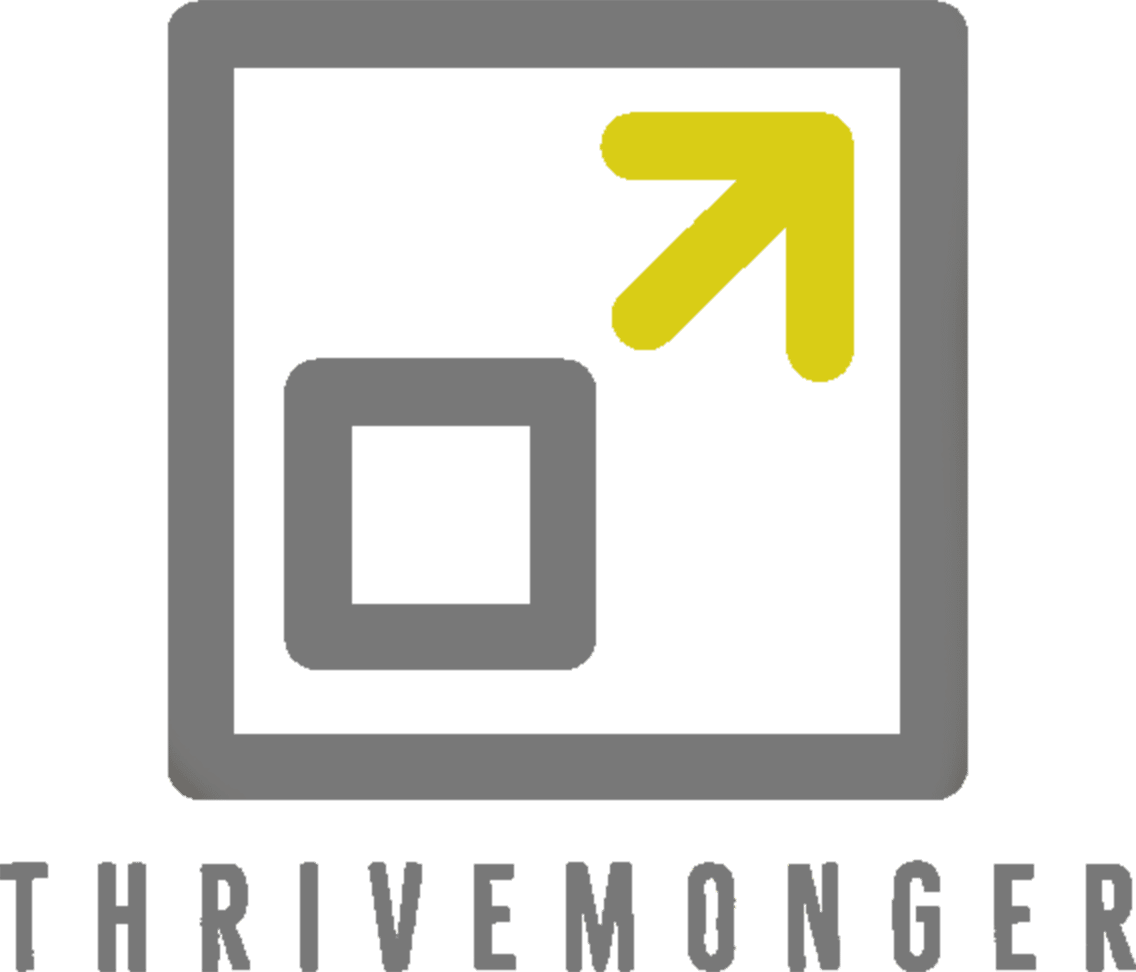It happens to everybody.
We wake up and we have this marvelous idea, the solution to all we’ve been battling with for a week. And then, by the time the coffee is brewed, it’s gone. We can’t remember it anymore. The question or where it went, is a completely different one, but it may be in company of all the “love you buddy”s the we didn’t say soon enough, and the method for solving differential equations that we knew some time.
Then it’s the shower. What a cliché! Everybody has great ideas in the shower. The ironic piece of it is that, at that moment, we are naked, all wet, with nothing to write on, and most likely in a rush.
But why does it happen? The question is so persistent, that there is psychology research about it, and most of it tends to agree that we need to be appropriately bored, idle, to have creative ideas. In a paper from 2022, the researchers concluded that “creative idea generation requires a balance between focused, linear thinking (which limits originality) and unbounded, random associations (which are rarely useful)”. So not one, nor the other.
They continue: “Activities like walking may help us strike this balance by allowing mind wandering in an engaging environment that places some constraints on thought.”
Creative ideas allow us to solve problems, to have breakthroughs. The “work”, cannot be done without them, and ironically, it is because of “non-work”.
How do we leverage this systematically:
First, we need to build-in periods of apparent inactivity into our working day. This is a challenge, because many times (especially as a consultant), we look for “full utilization”. Schedule regular walks, or just work on something that only requires your hands, like assembling something. For me, these work better when I am on my own, and I have no other distraction (TV, conversation, etc.).
Second, we need a way to record the ideas. Pen and paper work best for me, because they take away the temptation of checking email, searching the web, or engaging in some distraction. A “note to self” text message or email has worked well also. Simon Synek says he uses a dry-erase marker in the shower, and writes on the shower door.
Let’s allow for “not doing”, to make the “doing” better.
